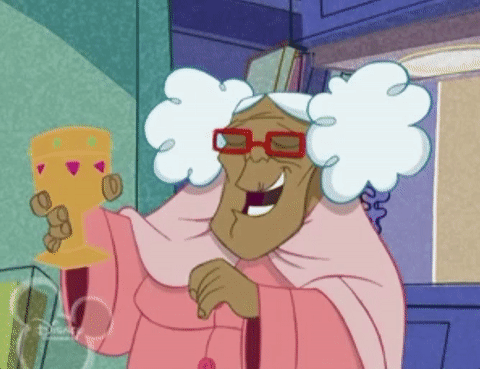Netflix's "Canvas" paints a picture of Black mourning
- Fredia Lucas

- Feb 6, 2021
- 3 min read
Updated: Dec 30, 2021
Written by Fredia Lucas and Edited by Alana Anderson

I lost my grandmother one week before my tenth birthday. I can tell you first hand, it’s hard to blow out a birthday cake with tears in your eyes. My grandmother was the person who taught me that grits should be sweet and not savory, that watermelon is best served with a little bit of salt, and that lemonade tastes better when you grow the lemons yourself.
Losing my grandmother was tough, but watching my family mourn her death was harder. Death isn’t hard for the dead, it’s hard for the living. While the dead enjoys calmness in the spiritual realm we endure conflict in the physical world. Coping with the death of a loved one can create an internal warzone inside a person. A mourning relative may think to themselves, did I tell them I loved them in a way they really understood? Did they truly understand how much I appreciated them? Was I there for them when they needed me the most?
So many of us share that urgent/pressing/ desire to extend a final "I love you." But, if there is one thing I know for sure, it is that death does not shatter our ability to speak to the people we love. They can still hear us. They can still feel us. They can still see us. Most importantly, the people we have lost do not want us to lose sight of ourselves because of their passing.
It’s common to disengage with taking care of ourselves once we’ve lost a loved one, but it’s unhealthy to do so. This philosophy shines through particularly well in Netflix’s new animated short, Canvas.
Canvas, written & directed by Frank E. Abney III, is a 9-minute silent animated short about a Black family who lost their grandmother. The film is told from the perspective of her husband a.k.a grandpa, who mourns her death. The grandfather is a talented painter, but after his wife’s death abandons his canvas. The grandfather’s wounded heart is nurtured by his young granddaughter, Aura, whose joyful and curious nature inadvertently reconnects her grandfather and grandmother on the spiritual plane. The film is a beautiful example of what intergenerational healing can look like which makes it a universal story.
After my grandmother’s death, I believed that a little part of my family died with her. As of recently, my perspective has changed. My family simply needs a new matriarch. As a young and jovial person, similar to Aura, I have the ability to ignite joy and love. I have the capacity to plan and coordinate on my family’s behalf, and if I’m not willing to do the work to bring my family together I can’t critique us for feeling disjointed. I've now begun to challenge myself to pick up where my grandmother left off. As of recently, I’ve coordinated weekly Sunday dinners with my nuclear family and I’m preparing myself and my pockets to host larger family gatherings in the future. I am eager for the day that I can host my entire family for Christmas dinner. I’ll be sure to leave a place setting open for my grandmother and grandfather who are both now in heaven.
Sit by yourself or with a loved one, grab some tissues, and catch Canvas on Netflix. Oh, and of course, Happy Black History Month everyone.







Comentarios